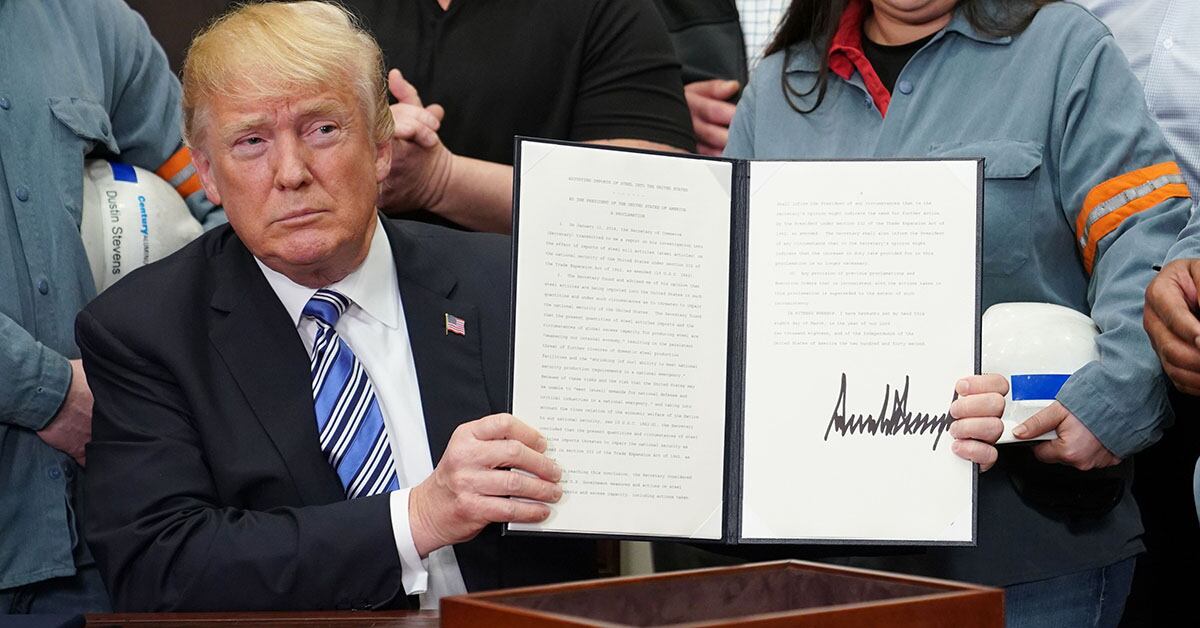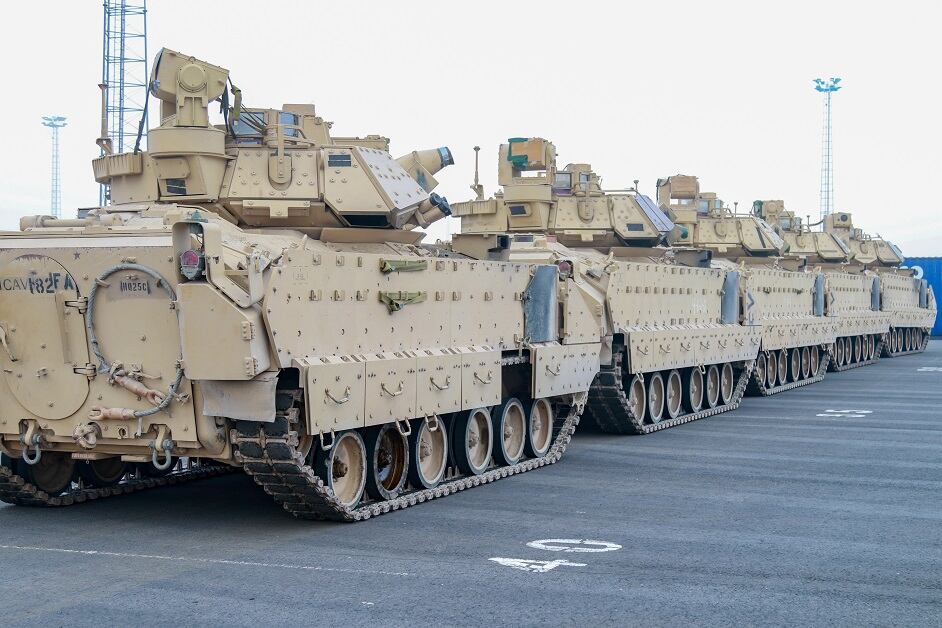BRUSSELS — U.S. Defense Secretary Jim Mattis on Wednesday said he does not expect the unfolding dispute with Europe and Canada over U.S. import tariffs to damage military and security relations within the NATO alliance.
The tariffs issue is a delicate one for Mattis, who has placed great emphasis on nurturing and strengthening relations with allies, particularly in NATO, where he has pushed member counties to spend more on their own defense and to help combat Islamist extremists.
Mattis flew to Brussels to attend NATO defense minister meetings Thursday and Friday. The talks are meant to help set the stage for a NATO summit meeting next month that will seek to showcase allied unity, a task potentially complicated by President Donald Trump’s decision to impose tariffs on steel and aluminum imports from Europe, Canada and Mexico.
RELATED

In an interview with reporters traveling with him from Washington, Mattis was asked whether he thinks the Trump tariffs will hurt security ties with NATO partners, including Canada.
“Right now I don’t see that,” he said. “And I think it’s still premature to call it a trade war.”
He said alliance discussions will at times be “rocky,” but he said the Europeans and Canadians must understand that the steel and aluminium tariffs are about the Trump administration’s push for trade that is “fair and reciprocal.”
The European Union has called the tariffs protectionist and vowed to respond with countermeasures. Canadian Prime Minister Justin Trudeau has called the U.S. tariffs — justified on the grounds that reliance on imported metal threatened America’s national security — “totally unacceptable.” Trump is also trying to renegotiate the North American Free Trade Agreement with Canada and Mexico in an effort to shift more investment and auto production to the United States.
RELATED

Against this backdrop of trade tension, Mattis also will be talking to NATO defense ministers about bolstering defenses in ways calculated to deter aggression by Russia. He said the alliance is likely to endorse plans to establish two new NATO military commands as part of a push to counter Russian buildups. They also are expected to approve a plan to increase, by 2020, the number of allied air, ground and naval units that could be ready for combat within 30 days of being put on alert.
Mattis said improving relations with Moscow remains a priority but is proving difficult.
“Try as we might, trying to make common cause with Russia has been exceedingly difficult,” he said. He cited Russian interference in the American, as well as some European, elections, and its alleged violation of the 1987 Intermediate-Range Nuclear Forces Treaty, as well as its 2014 annexation of Crimea and incursions into eastern Ukraine.
At this week’s NATO meetings, Mattis also will be talking to his counterparts about the campaign against the Islamic State group in Iraq and Syria, as well as the war in Afghanistan.





